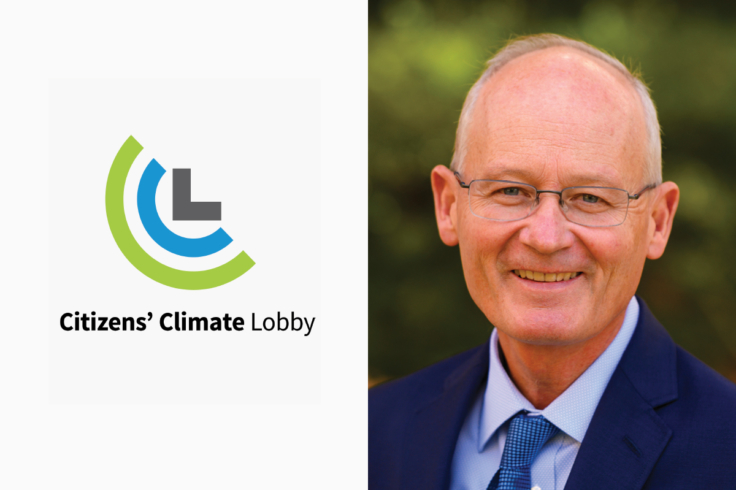Carbon Fee with Cash Back Needed to Meet U.S. Emissions Goal
With the urgency to address climate change becoming clearer with each extreme weather disaster, President Biden earlier this year announced the U.S. would do its part by committing our nation to slash carbon pollution 50% below 2005 levels by the end of this decade.
To facilitate those emissions reductions, the Biden Administration proposed — and the U.S. House passed — legislation, the Build Back Better Act, that includes tax credits for clean energy and subsidies for electric vehicles. Unfortunately, measures in the House-passed bill would achieve only 40% reductions by 2030, a considerable gap that needs to be closed.
Getting the additional reductions needed to meet the U.S. goal requires the Senate to include a fee on carbon emissions, increasing over time, in the Build Back Better bill. Such a fee would add no additional costs to the legislation. An analysis from Resources for the Future found that adding a carbon fee to the reconciliation package would improve emissions reductions from 38% to 51%.
Giving revenue from a carbon fee to households would shield low- and middle-income Americans from the economic impact of the fee. Because of this “carbon dividend,” studies show, many of these households would actually be better off financially.
Carbon fees work efficiently and effectively to reduce emissions by employing market forces rather than regulations and spending, an approach that has bipartisan appeal. Republican Senators Lisa Murkowski and Mitt Romney have expressed support for putting a price on carbon, though neither is expected to vote for the Build Back Better bill when it reaches the Senate floor.
But if we put a price on carbon, how do we prevent companies from moving production and jobs to places where industries can pollute for free? And how can we protect U.S. businesses from unfair competition with imports from nations that have lax climate policies?
The answer is to pair a carbon price with a carbon border adjustment mechanism (CBAM for short). The CBAM would apply a tax to carbon-intensive imports from nations that do not have an equivalent price on carbon, which would level the playing field between American companies and foreign competitors. The CBAM would also motivate other countries to implement their own carbon pricing policies, thereby increasing climate ambition throughout the world.
The market-based approach of carbon pricing is gaining support in the business and investment community. Hundreds of firms have signed on to a letter circulated by the nonprofit organization Ceres supporting the climate measures outlined in the Build Back Better bill. The letter adds, “We would also support well-designed complementary policies, including a price on carbon or corporate polluter fee.”
As Senate negotiators iron out the final details of the Build Back Better bill, support among Democrats is very high. Sen. Sheldon Whitehouse (D-RI) recently said, “We have 49 of the 50 votes” needed in the Senate.
Getting to 50 votes for carbon pricing would make all the difference between a climate plan that fulfills our promise and one that doesn’t.
-Mark Reynolds, Executive Director, Citizens’ Climate Lobby.
Citizens’ Climate Lobby is a climate change organization that exists to create the political will for a liveable world by enabling individual breakthroughs in the exercise of personal and political power.



